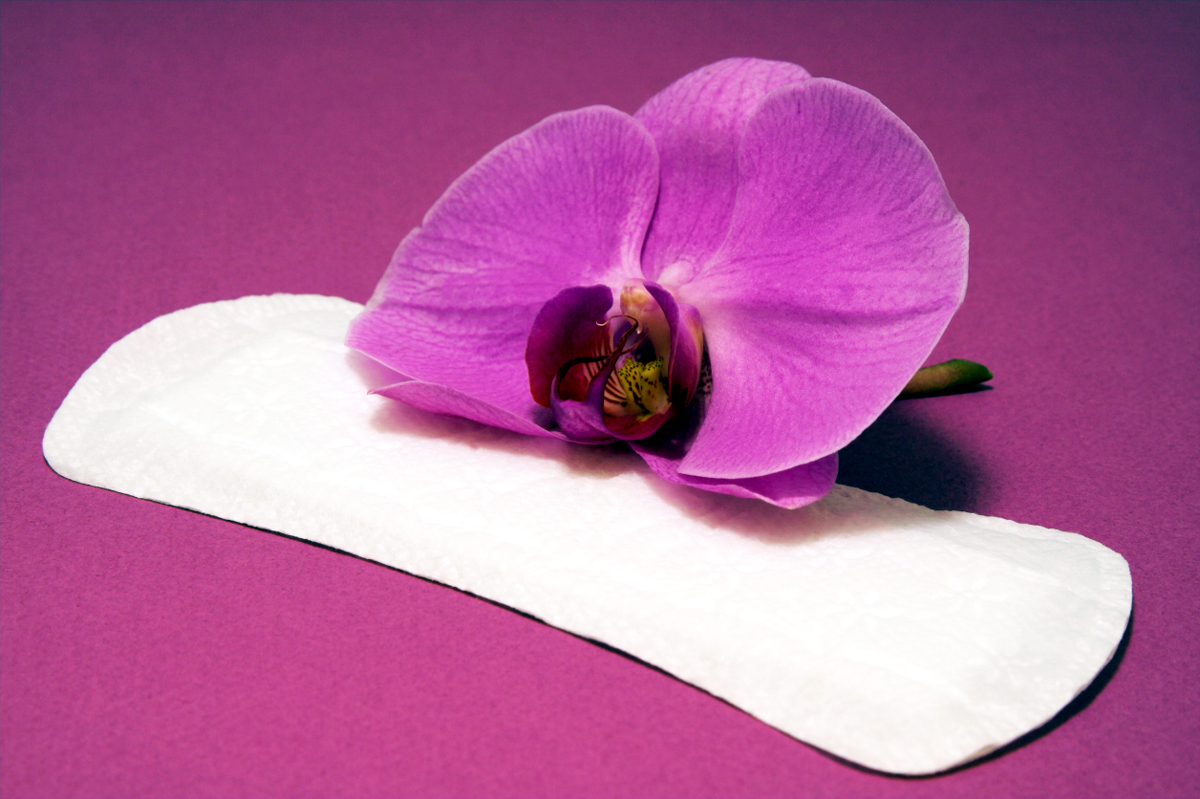Arushi Sabharwal
Since the release of the bollywood movie Padman- biopic on social entrepreneur, Arunachalam Murugantham, the issue of women’s plight with regard to menstrual hygiene has gained prominence.
Menstrual hygiene which was once discussed only among the females that too under the veil, got discussed sensitively by the males in the public domain, thereby breaking the taboo of periods.
The recent National family health survey (NHFS- 4) has found an overall increase in the use of sanitary napkins across India. According to its figures, nearly 60 percent of the urban and 34 percent of the rural women have now access to the sanitary napkins. Thanks to the ease of norms by the government for the sanitary pad manufacturers and availability of pads in the primary health centres. However, the use of such pads comes as a double edged sword.
Since the discovery of the great pacific garbage patch in the central North Pacific Ocean, the sustainability of these pads (constituting of plastic as an essential ingredient) has come under question. The use and throw culture created by the readily available sanitary napkins in the urban areas have led to staggering 1 billion non-disposable pads, landing up in urban sewers, landfills, as well as in rural fields and water bodies in India every month, causing a serious blot on Swachh Bharat Mission.
The above facts present a grave challenge and threat to the environment in general and the very existence of humans and other living beings in particular. Therefore, a meticulously designed, sustainable solution is the need of the hour.
Sustainable menstrual products are answer to the above problem. Alternatives like cloth pads, menstrual cups, tampons can prove to be both effective and environment friendly. The usage of cloth pads may sound obsolete, however, they have already gained wide acceptance in the west including few oriental markets.
Made up of ordinary cotton, silica gel, and unbleached paper, these new age pads are reusable and leak proof and give comfortable experience to the bleeding women. Unlike its predecessors, these reusable cloth pads are itching free with longer durability.
Silicon menstrual cups commonly known as the She Cups have also gained prominence due to its flexibility and sustainability unlike the plastic cups which are heavy and painful. These silicon cups come with greater shelf life and reusability, thus making them cost effective.
Though being a relatively new idea, these pads and cups have gained worldwide appreciation and market including the urban India, especially among the environment lovers. Several NGO’s and Small companies have come forward to join the league of promoting sustainable menstrual products in the last decade.
Recently, biodegradable Anadipads launched by the Aakar foundation has gained nationwide acclaim due to its women empowering measures. Manufactured by all women self help groups (SHG’s), these pads have given dignified livelihood opportunities to the poor rural women.
Another venture – Saathi Pads made up of plant based materials like banana fibres which degrade six months after their use has also got international attention and acclaim by the environmentalists.
Other innovative options like Ashudhinashak- an incinerator to destroy the used pads has entered into the markets on a pilot basis. Furthermore, awareness generating and mass mobilising campaigns like “The red dot campaign” have done commendable job, giving birth to the much needed menstrual revolution
Recently, EcoFemme, a Tamil Nadu based enterprise organised a seminar cum awareness building program in the government girls school, Gandhinagar, Jammu in collaboration with the Rotary club accompanied by the young volunteers of the Rotaract Club . The program illustrated the benefits of switching to sustainable reusable menstrual products. Opening of the first MSME in Jammu by EcoFemme has also been articulated.
Being party to the Sustainable development goals, India needs to work on women’s menstrual hygiene and sustainability on a war footing. At the same time, the accessibility and affordability of these products also needs to be taken care of. Thus, the time for a non silent rather a loud sustainable menstrual revolution has begun.
(The author is an engineering graduate and former Secretary of the Rotaract Club, Sankalp)
Trending Now
E-Paper


